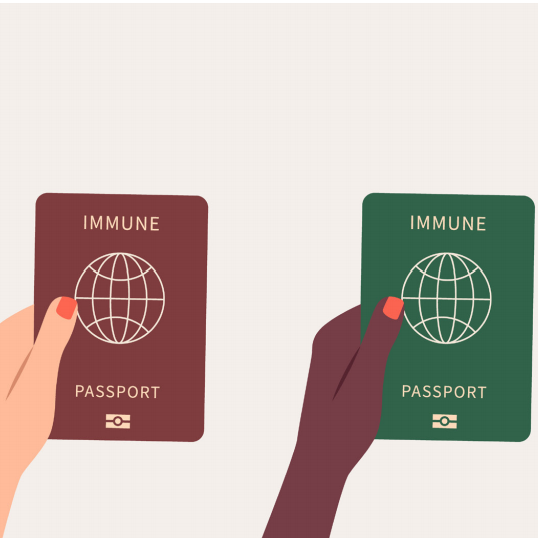Sentiment hardens against foreign travel
New variants seen as the main threat
Sentiment hardens against foreign travel

The word staycation has been around for some time and has slipped into more common parlance as smiling government ministers assure the nation that they hugely look forward to their annual family break on these shores rather than overseas. The staycation, or “holistay”, perhaps more appropriate for us stoic Brits, was heavily pushed as a glamorous getaway consideration last year, even if ultimately it became impossible under lockdown restrictions at the height of the Covid-19 pandemic. Now, with Prime Minister Boris Johnson’s announcement that the end of current Covid restrictions is now delayed until 19 July, foreign travel is once more largely out of the question, at least and until the lengthy quarantine restrictions remaining in place for those who do venture abroad are lifted for those who’ve had the vaccine. So it’s a staycation/holistay for most Brits who do plan a holiday this summer.
That famed Spanish sun, sand and sangria, or something similar elsewhere in Europe or even further afield and more exotic are all off the holiday agenda, so British seaside resorts and inland holiday centres are set to cash in. It’s an undoubted bonus for the economy and for those UK holiday destinations desperate for a bonanza, sunshine summer. But as the holiday season gets under way and with the vast majority of the British adult population now fully vaccinated, how safe do we feel about mass gatherings, even in the open air, on beaches and at holiday centres? Will some simply “holistay” at home to enjoy the back garden or the nearby park?
The arrival and spread of new variants of coronavirus, particularly the Indian, or Delta variant, has set alarm bells ringing for many. And concerns continue that these new variants may possibly be resistant to the vaccines currently in use. Countries in mainland Europe are increasingly ending most restrictions and opening their borders to holidaymakers from neighbouring countries. Some are also primed to welcome back the Brits, but that is unlikely any time in the immediate future. But it is here in the UK, rather than anywhere in Europe that the Delta variant is causing the greatest concern. We know for certain now that the closing of our borders to travellers from India was introduced too late, so does banning foreign visitors now amount to little more than a case of the proverbial, shutting the stable door after the horse has bolted
What our surveys show
We have asked about levels of concerns regarding new vaccine resistant strains of coronavirus several times over the past months, and back in May a total of 69% declared themselves concerned about the prospect, with 48% being “somewhat concerned” and a further 21% saying they were “very concerned”. That figure has now risen to 73% overall, with 47% “somewhat concerned” and 26% saying they are “very concerned”. Only 8% now claim they are “not at all concerned” with a further 16% “not very concerned”. Just 3% in this latest poll were “don’t knows”. There is a strong majority, 66%, in favour of stopping foreign visitors from entering the UK regardless of the level of infection in their home countries, in a further attempt to avoid importing new variants of coronavirus.
Just 19% are directly opposed to that move while 15% said they don’t know. And a majority, 57%, are ready to pack our bags, swimsuits, sunblock and buckets and spades to stay in the UK for our holidays this year, with 26% against any such staycation plan, and the final 17% saying they don’t know.


Support for Covid passports grows
Your email address will not be published. The views expressed in the comments below are not those of Perspective. We encourage healthy debate, but racist, misogynistic, homophobic and other types of hateful comments will not be published.



